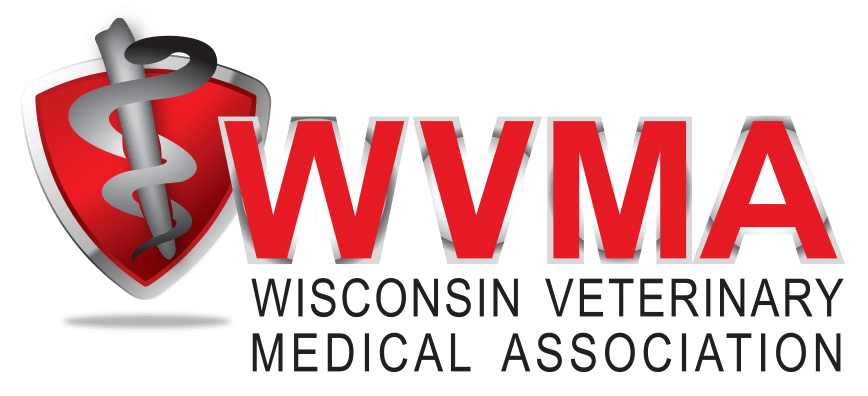Alexis Payette, a University of Wisconsin School of Veterinary Medicine student, was elected by her peers to serve a two-year term on the WVMA Executive Board.
A Green Bay, Wisconsin, native, Payette attended UW-Madison as an undergraduate studying biology and psychology. It wasn’t until she realized how integral animal health is to the foundation of societies that Payette decided she wanted to be a veterinarian.
“To be honest, when I began college as a psychology major, I did not see how veterinarians could fit into this larger picture of finding solutions to climate change, supporting the growing human population, or something like a global pandemic,” Payette says. “It was not until I took an entomology class studying infectious diseases that I became hooked on veterinary medicine’s approach to public health. I learned how ivermectin has been used to treat river blindness in people, and my mind absolutely was blown. I wondered how many powerful treatments could be discovered if medical professionals of all disciplines collaborated more often, and I wanted to become one of them.”
During her time in veterinary school, Payette says she hopes to find an area of focus more specific than “public health.” She was looking forward to a study abroad trip to Ecuador for the Global Health Field School this summer, but because of the COVID-19 pandemic, that will have to wait until next year. Payette plans to apply for a dual degree program for MPH and DVM and graduate from both programs in 2024.
“After we find some normalcy amidst COVID-19, I think the general population will have a better idea of the importance of the One Health concept,” Payette says. “I would like to have a future career with the state or federal government, CDC, or the WHO to support public health with a veterinarian’s knowledge base. The near future of public health will see drastic changes, and I am eager to take part in this movement.”
Payette is looking forward to her term on the WVMA Executive Board and would like to learn about the process of how issues experienced by a clinician proceed to enact new policies and recommendations.
“Veterinary medicine must evolve quickly, which can be difficult when veterinarians work in such drastically different jobs,” she says. “Through this position, I will see the current and future challenges and be in the position to advocate for solutions and continue this work as I begin my career in public health.”
